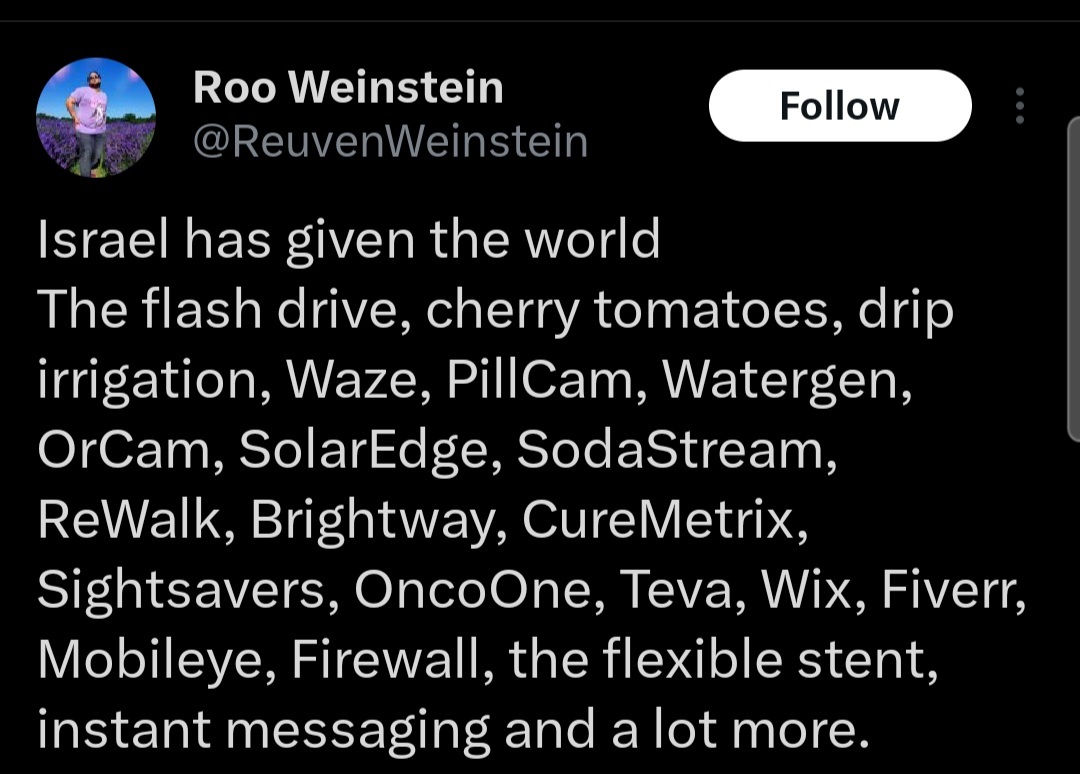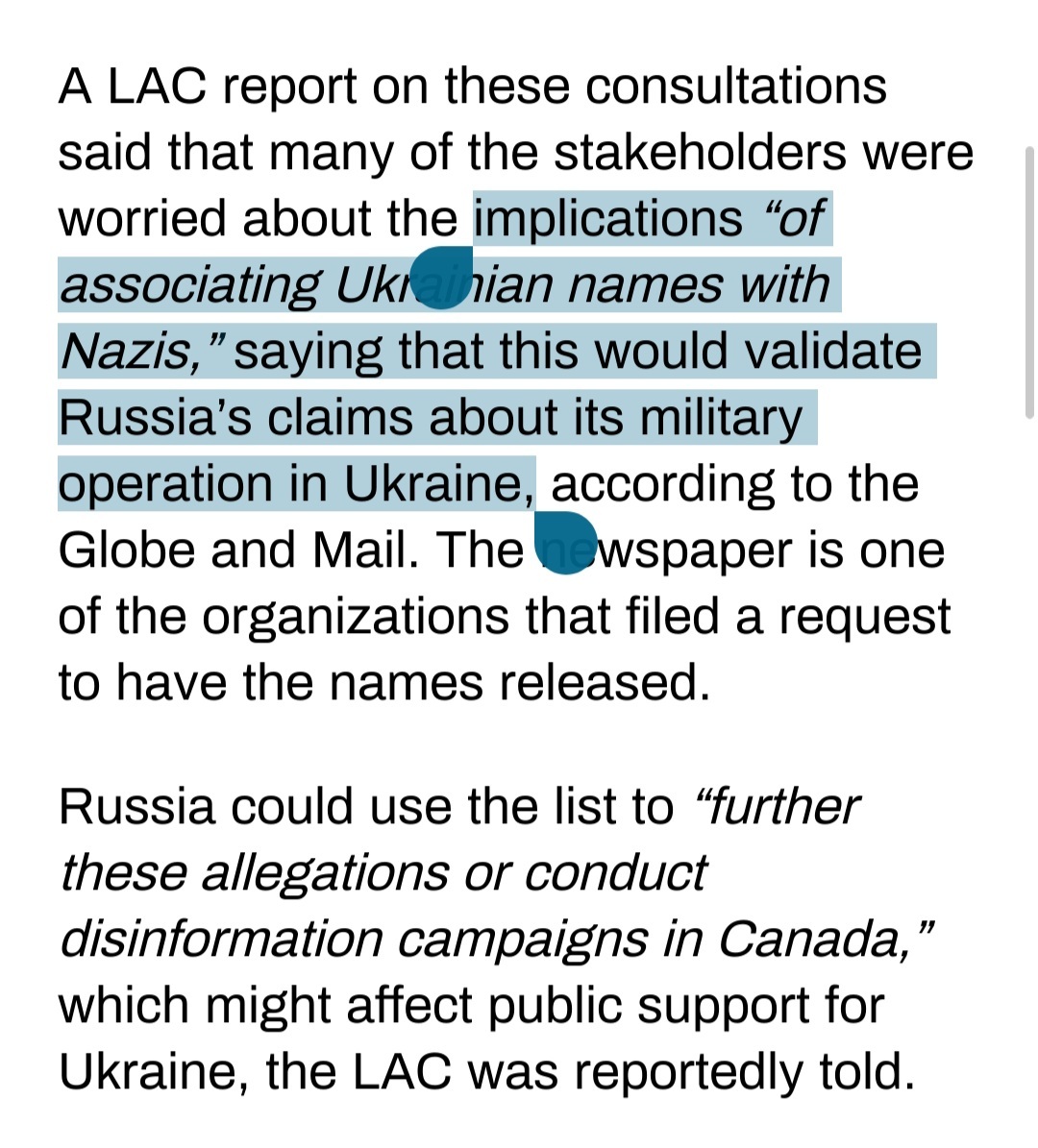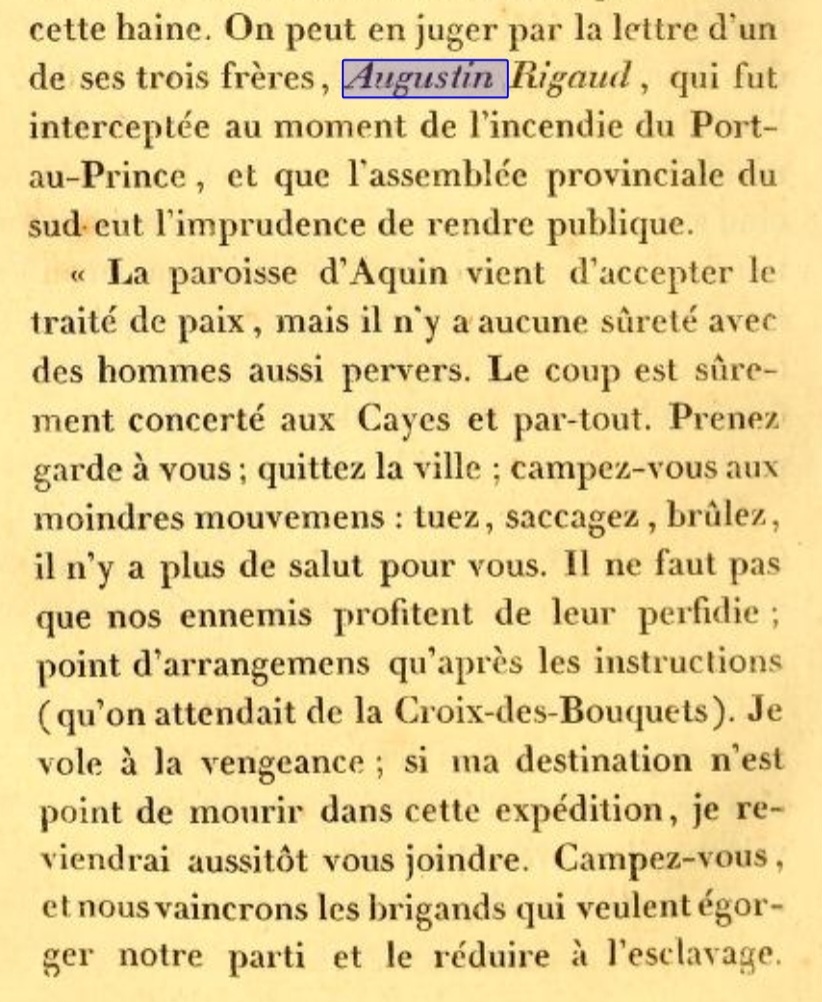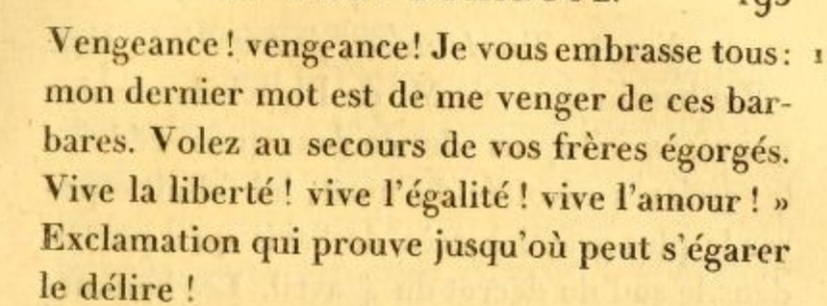also white liberals think that they're MLK when they get to vote for a black person
weeen
labour (uk) tried this exact strategy, they won due to collapse of the tories but recieved less votes than when they LOST in 2019, more tory 2019 voters died than switched to labour and the reform party (far right populist) recieved massive gains
So most of the tories that they were trying to win over either didn't vote, voted reform, or DIED.
The people that they alienated (the left, muslims, black people and trans people) were lost to greens/independent.
Even when you luck out and it 'works' it puts you on the road to failure in the next election.
Um what about the 500 shitty startups??

Yeah I already saw someone post about that so I wanted to share this bit of history behind it, those 900 are just the tip of the iceberg.
It's a letter to consolidate his instructions to people partaking in the revolt and the comment at the bottom is the french general writing the pamphlet.
It was intercepted by the French after the capital city was set on fire.
Apparently you have to 'break in' the algorithm by liking certain TikToks, I never got it to work though
The comment at the end of this quote from the French account of the early Haiti revolt is pretty funny
spoiler
[A letter by] Augustin Rigaud, which was intercepted at the time of the fire at Port-au-Prince, and which the provincial assembly of the south had the imprudence to make public.
"The parish of Aquin has just accepted the peace treaty, but there is no safety with such perverse men. The blow is surely planned in Les Cayes and everywhere. Take care; leave the city; camp at the slightest movement: kill, ransack, burn, there is no more safety for you.
Our enemies must not take advantage of their perfidy; no arrangements until after the instructions (which were expected from Croix-des-Bouquets). I am flying to vengeance; if my destination is not to die in this expedition, I will return immediately to join you. Camp, and we will defeat the brigands who want to slaughter our party and reduce it to slavery.
Vengeance! Vengeance! I embrace you all: My last word is to avenge myself on these barbarians. Fly to the aid of your slaughtered brothers. Long live freedom! Long live equality! Long live love!"
A declaration that proves how far delirium can lead one astray!
lmao How crazy must you be for not wanting to be enslaved?
The next Republican candidate would probably have an advantage, since the Trump supporters have a cuckoo reputation
I've been recommended 'John Brown, Abolitionist' by David S. Reynolds and 'John Brown, a biography' by W.E.B. DuBois but I haven't read them yet🥲 the former is about twice as long as the latter
Preface of the Reynolds:
spoiler
A word about my subtitle. The Abolitionist John Brown (1800-1859) did not end American slavery. The Thirteenth Amendment, ratified by the states six years after his death, did that. But he can be said to have killed slavery in the way described by his contemporary Wendell Phillips, who said that after Brown's raid on Harpers Ferry, Virginia, slavery was like a fallen pine, still green but dying. In a speech at Brown's funeral Phillips declared, “John Brown has loosened the roots of the slave system; it only breathes,—it does not live,—hereafter.” “Kill” is an apt word for Brown, who went to murderous extremes, unlike other Abolitionists, most of whom were pacifists who disavowed violence.
By the same token, Brown did not cause the Civil War, which resulted from a host of social, political, and cultural forces. But he sparked the war to a degree that no other American did. “Begin” is the word Frederick Douglass chose: “If John Brown did not end the war that ended slavery, he did, at least, begin the war that ended slavery.”
The immediate trigger of the war, of course, was the South's secession after the election of Lincoln. But the choice of Lincoln itself was influenced by the hostilities inflamed by Brown. The Republicans, tarred by their opponents with responsibility for Harpers Ferry, tried to calm sectional animosities by choosing the moderate dark horse, Lincoln, over more controversial candidates. Southern extremists, meanwhile, manipulated the panic over John Brown's raid to add fuel to the anti-Northern frenzy that led to the splintering of Lincoln's opponents into three parties, thereby ensuring his election and bringing on secession.
The polarized passions created by Brown's attack on Harpers Ferry, then, contributed to the election of Lincoln. One might posit that a Lincoln presidency would not have existed without John Brown.
Lincoln at first shrank from waging a war for emancipation, which he said would be “a John Brown raid, on a gigantic scale.” But is there any question that Lincoln and his generals did not, in effect, end up following Brown's lead by condoning God-ordained violence? Think about Sherman's march, and then reconsider those who criticize Brown for using violence in the name of a higher political and religious cause.
John Brown planted seeds for the civil rights movement by making a pioneering demand for complete social and political equality for America's ethnic minorities. To be sure, many other Americans have contributed to civil rights. But only one white reformer lived continuously among blacks, penned a revised American constitution awarding them full rights, and gave his life in a violent effort to liberate the slaves. That's why the Second Niagara Movement (which became the NAACP), the forerunner of the civil rights movement, hailed Brown as one “who had no predecessors, and can have no successors.” And that's why no other white person in American history has been more beloved over time among African Americans than John Brown.
It may be discomfiting to think that some of America's greatest social liberties sprang in part from a man who can be viewed as a terrorist. But John Brown was a man not only of violence but of eloquence and firmness of principle. His widely reprinted declarations against slavery impressed the intellectual leaders Ralph Waldo Emerson, who said Brown's speech to Virginia court was as great as the Gettysburg Address, and Henry David Thoreau, who declared that Brown's words were more powerful than his rifles.
Besides, Brown saw slavery as a state of war against an entire race. Sometimes a social evil is so egregious, so entrenched, that violence is the only answer. For those of John Brown's moral vision, American slavery—a system of oppression, torture, rape, and murder—had to be eliminated by any means. As it was.
John Brown declared that slavery would end only after “verry much bloodshed” [sic]. Unfortunately, he was right.
Preface of DuBois:
spoiler
After the work of Sanborn, Hinton, Connelley, and Redpath, the only excuse for another life of John Brown is an opportunity to lay new emphasis upon the material which they have so carefully collected, and to treat these facts from a different point of view.
The view-point adopted in this book is that of the little known but vastly important inner development of the Negro American.
John Brown worked not simply for Black Men—he worked with them; and he was a companion of their daily life, knew their faults and virtues, and felt, as few white Americans have felt, the bitter tragedy of their lot. The story of John Brown, then, cannot be complete unless due emphasis is given this phase of his activity.
Unfortunately, however, few written records of these friendships and this long continued intimacy exist, so that little new material along these lines can be adduced. For the most part one must be content with quoting the authors mentioned (and I have quoted them freely), and other writers like Anderson, Featherstonhaugh, Barry, Hunter, Boteler, Douglass and Hamilton.
But even in the absence of special material the great broad truths are clear, and this book is at once a record of and a tribute to the man who of all Americans has perhaps come nearest to touching the real souls of black folk.
UK doesn't even pretend to have free speech, they arrested a black woman for saying the n word on twitter (not hard r) https://www.independent.co.uk/news/uk/crime/black-twitter-racism-x-police-charged-b2582083.html
Meanwhile I see loads of '🇬🇧🏴' nazis on twitter calling people slurs and nothings happened to them
 uhhh....
uhhh....

The reddit thread in reaction to that data was hilarious, the amount of cope..
How dare you suggest that I, the prestigious software developer, am not is the backbone of society?